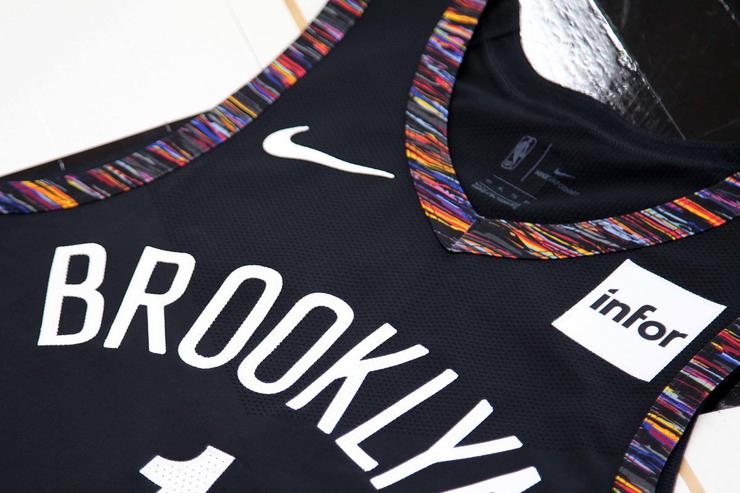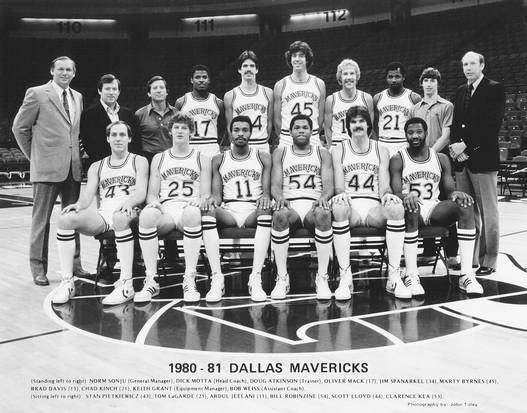Warning - This post seems to be about basketball. It is not entirely about basketball. Maybe 87%.
Basketball is largely a year-round sport these days, but during the period from the end of the NBA's official Summer League in Las Vegas, (absolutely the most fun trip I make every year), and the beginning of training camp for the new season, usually there is not much happening in the sport. For hoops junkies like me, the eight or ten weeks or so with no real basketball to watch can be a little bit of a bummer.
But four years or so some enterprising entrepreneurs decided to try to fill that hole in the basketball calendar with a new concept - a $1M dollar, (since increased to $2M) winner-take-all single elimination tournament called, simply, The Basketball Tournament (TBT) The teams that comprise the field in TBT are made up of some combination of former college players not good enough for the NBA, professionals playing in one of the numerous pro leagues in Europe, Asia, the the Middle East, and a smattering of retired players looking for one more run with some good competition, (and a chance to grab a share of $2M).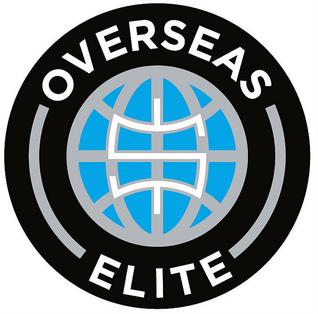
TBT has kind of caught on among hard-core basketball fans, and for a couple of weeks in July, (supported by coverage on the ESPN networks), TBT becomes almost the most interesting story in the basketball world. Assuming, of course, we are not waiting for LeBron to pick a new team.
But the real story of the four years of TBT has been the story of the team named Overseas Elite, the still undefeated and now four-time winner of TBT, and winners (remember this is a winner-take-all event), of $7M over their run, a prize shared by players and coaches. Overseas Elite, a team made up of players who have almost no NBA experience at all, most of whom were not even decent NBA prospects, and who now play professionally in places like Dubai and Morocco, has delivered a stunning 25-game win streak, (again, this is a single elimination competition), across four tournaments, while defeating many teams that on paper, had much more talent than they possess.
Here's the part of the post where we shift from a sports story to an HR/Talent story.
So to what can we attribute Overseas Elite's string of remarkable success?
Three things that have resonated with Overseas Elite and can be applied to building teams in just about any endeavor?
Culture- When Overseas Elite, then the 3-time TBT champion, had to fill two open roster slots for the 2018 tournament, they didn't just seek out the best of most talented players they could find. “We don’t pick just any guys,” team leader DJ Kennedy said. “We pick guys who fit our team as far as high character and not being selfish and guys who can really mesh together.”
Experience - With most of the roster consisting of relatively older players with years of experience at the pro level from playing around the world, Overseas Elite always played with poise, didn't panic when things were going against them in a game, and over four years and 25 wins under pressure, have found ways to win every time. Knowing what to do in almost any situation only comes from hard-earned experience, and often this experience can make the difference against a more talented team. Our lesson? Don't underestimate or undervalue experience on your own teams in your organizations. Having been there before is a kind of skill you just can't teach.
Dedication- Amazingly, in the world of TBT and professional basketball, six of Overseas Elite's 10-man roster have been with the team for all four tournaments and have won four championships. Sure, these six guys have stuck with the team because of all the success, (and prize money), but have the success and prize money been a by product of the core of the team remaining intact over the four year run? Probably some of both I guess. While it is hard to know for sure what the real value of this kind of 'core team' consistency is, it has to have at least some value. If you trust the process on the recruiting and hiring side, and you have a decent strategic plan, then letting the team stay together to figure things out can lead to more sustained success over time.
Ok, so this post was mostly about basketball. Apologies. But I love the story. I hope that Overseas Elite can keep it going next summer. I for sure will be watching.
Have a great day!
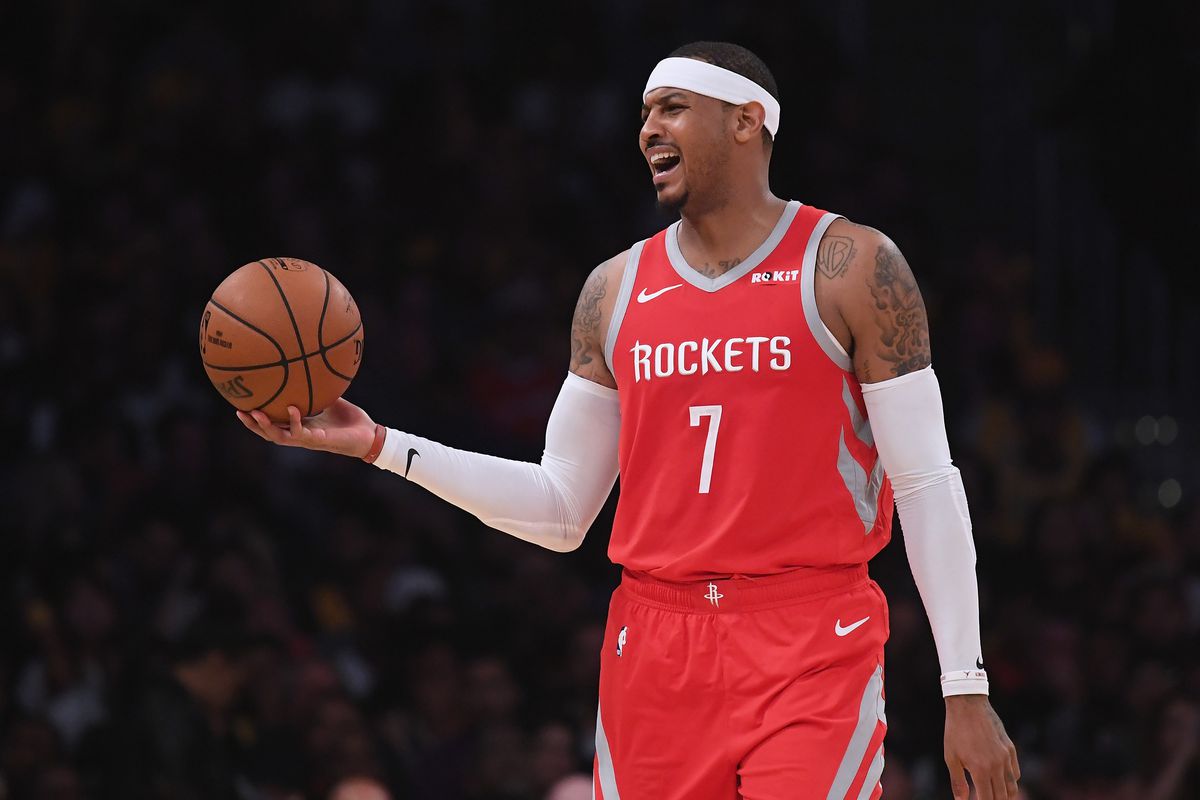
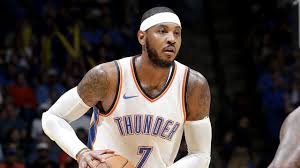
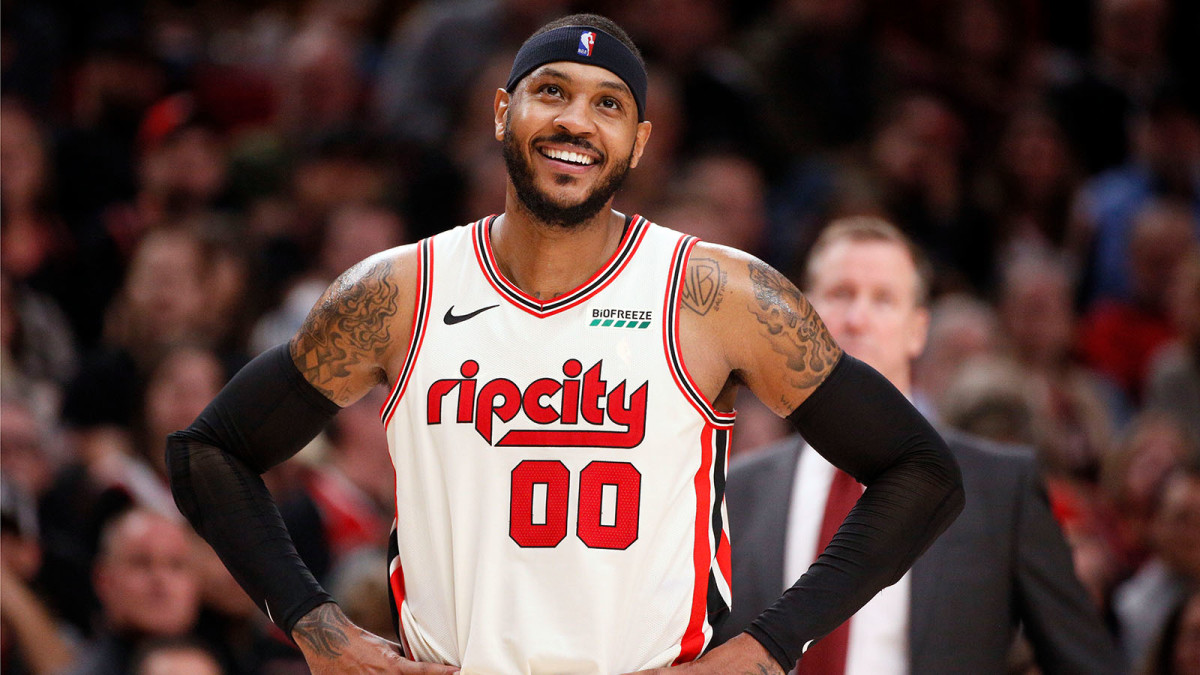
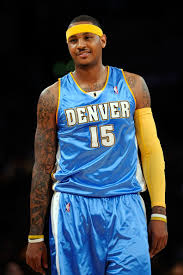
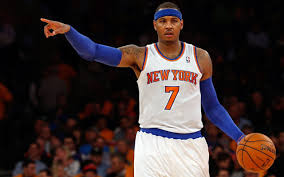
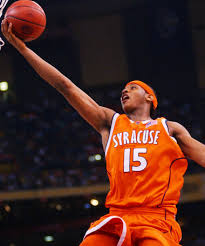
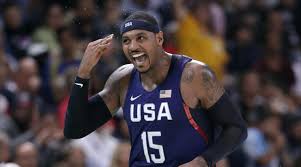
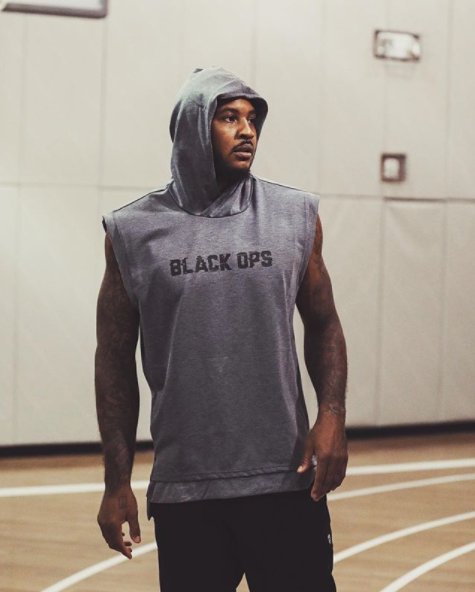

 Steve
Steve
